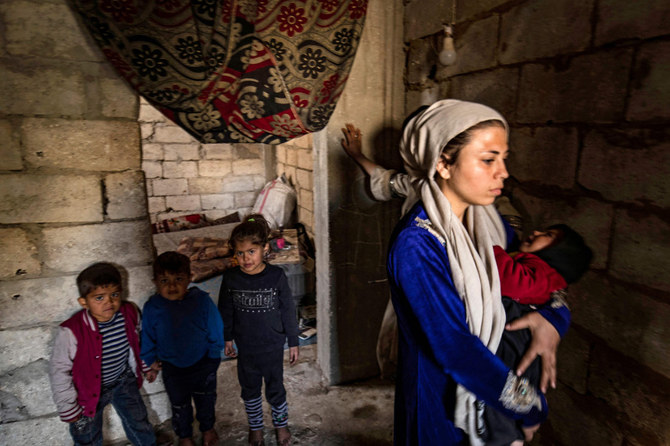Ghassan Ibrahim
The Swedish presidency of the EU Council has announced that the bloc is organizing a donor conference in Brussels on March 16 to mobilize funds to support the victims of the earthquakes in Turkiye and Syria.
However, some countries are trying to use the conference to demand the lifting of European and US sanctions on the Syrian regime, which would allow it to utilize the conference funds for its political agenda, away from humanitarian goals. It is essential to keep all funds from the donor conference separate from the attempts to lift the sanctions.
Anyone who calls for the lifting of the sanctions imposed on the regime on the pretext of facilitating humanitarian aid seems to be concerned not so much with getting humanitarian assistance to the victims of the earthquake as with rescuing the Syrian regime from its political crisis.
Those calling for the lifting of sanctions are trying to use the aid and the donor conference for purely political purposes. I do not think they will achieve their goals.
Western sanctions do not prevent the flow of humanitarian aid to Syria, so why are some countries calling for them to be lifted? Any attempt to politicize the conference will delay or prevent the humanitarian aid from reaching its destination.
It is also necessary that the regime and its institutions, or any organizations associated with it, do not attend the conference. Ultimately, this conference is humanitarian, not political, in nature.
Syrian activists in France and London have launched efforts to thwart the regime’s participation in the donor conference. These activists sent a legal memorandum to the French parliament, the European parliament and the European Commission to warn of the dangers of allowing the regime to participate.
For the financial aid to reach those who need it, especially concerning Syria, the conference and sponsors in the EU should take into account 10 important points.
Firstly, there should be a strict mechanism to ensure that the Syrian regime does not benefit from the funds, primarily due to corruption and the presence of certain companies and organizations associated with the leaders of the Syrian army and security forces. These leaders are interfering with everything that enters Syria.
In the same context, the UK’s ambassador to the UN, Barbara Woodward, called for the UN Security Council to continue to “monitor this closely in the light of ongoing concerns that the regime continues to divert and interfere with aid deliveries.”
Point two is that the EU must issue a clear and strongly worded resolution in line with the one adopted by the US. The US House of Representatives last week overwhelmingly approved a resolution condemning the Syrian regime for using the earthquake to avoid international pressure and accountability.
Next is that communication technologies and systems should be introduced to monitor and track the movement of aid, such as linking aid trucks to GPS chips or other satellite-linked networks.
Fourthly, the US should create databases of the people and associations receiving aid in a way that makes it possible to determine where this aid goes and who receives it.
They should also use electronic fingerprint or facial recognition for each recipient, thus narrowing the scope for corruption or wastage of the funds.
Cutting red tape is the sixth point. A large proportion of financial assistance goes to aid workers and officials. Many of these workers work remotely or in administrative offices outside Syria and command high wages compared to what ultimately reaches the beneficiaries.
Next is dedicating part of the aid budget to areas related to job creation or supporting small projects, whereby the aid would help to invest in the future, thereby reducing pressure on humanitarian resources over time.
They should also improve public services in remote areas or those subjected to natural disasters or war devastation.
Ninth is to ensure that militias deployed throughout Syria do not benefit from this assistance. These militias, especially Iranian ones, tend to interfere in every detail of life in the areas they control. Activists have already confirmed that Iranian militias have intercepted humanitarian aid sent to people in Aleppo who were affected by the earthquake.
Finally, conference attendees should remember that the damage done by the Syrian regime’s war against its people — in cooperation with Iranian-linked terrorist militias — is far more significant than the damage caused by the earthquake. Therefore, the sanctions should remain in force.
Looking back, it was not the sanctions that prevented the arrival of humanitarian aid during the war years. It was the Syrian regime that obstructed the work of international organizations and the flow of humanitarian aid.
It is unreasonable for some states to try to legitimize the Syrian regime under the pretext of humanitarian aid. Helping the Syrian regime to survive, supporting it and normalizing relations with it could cause more suffering for the Syrian people than the magnitude of the earthquake.







